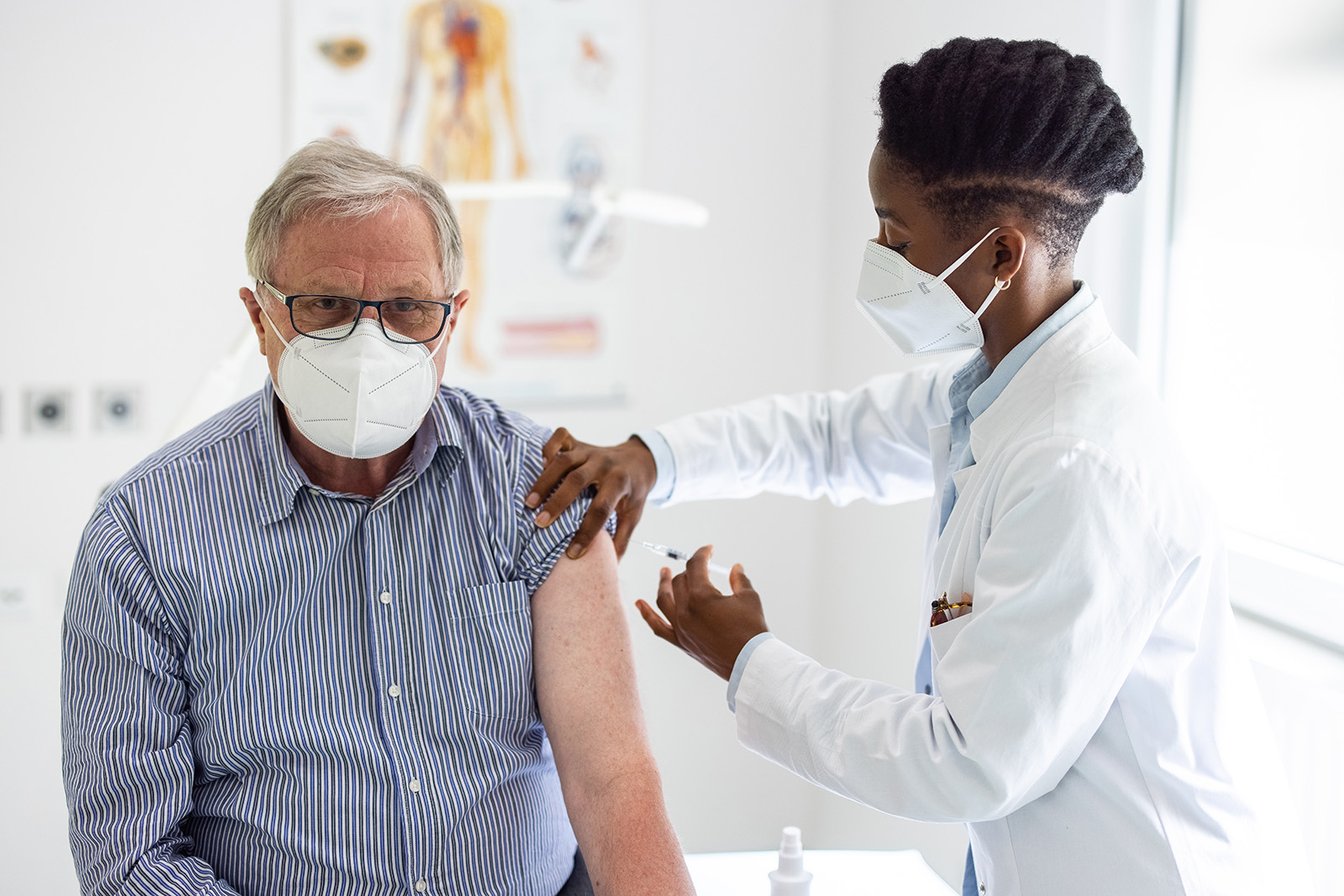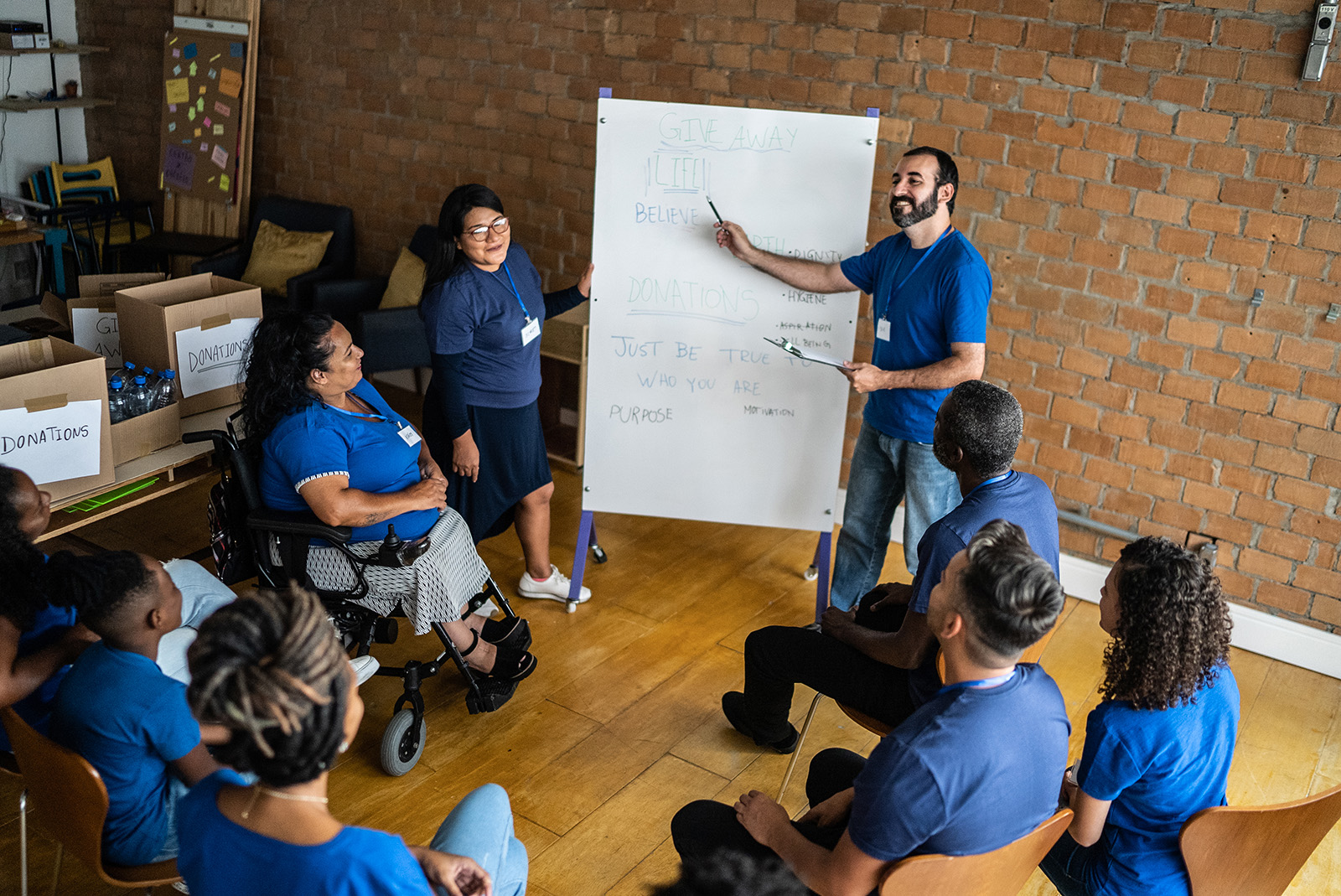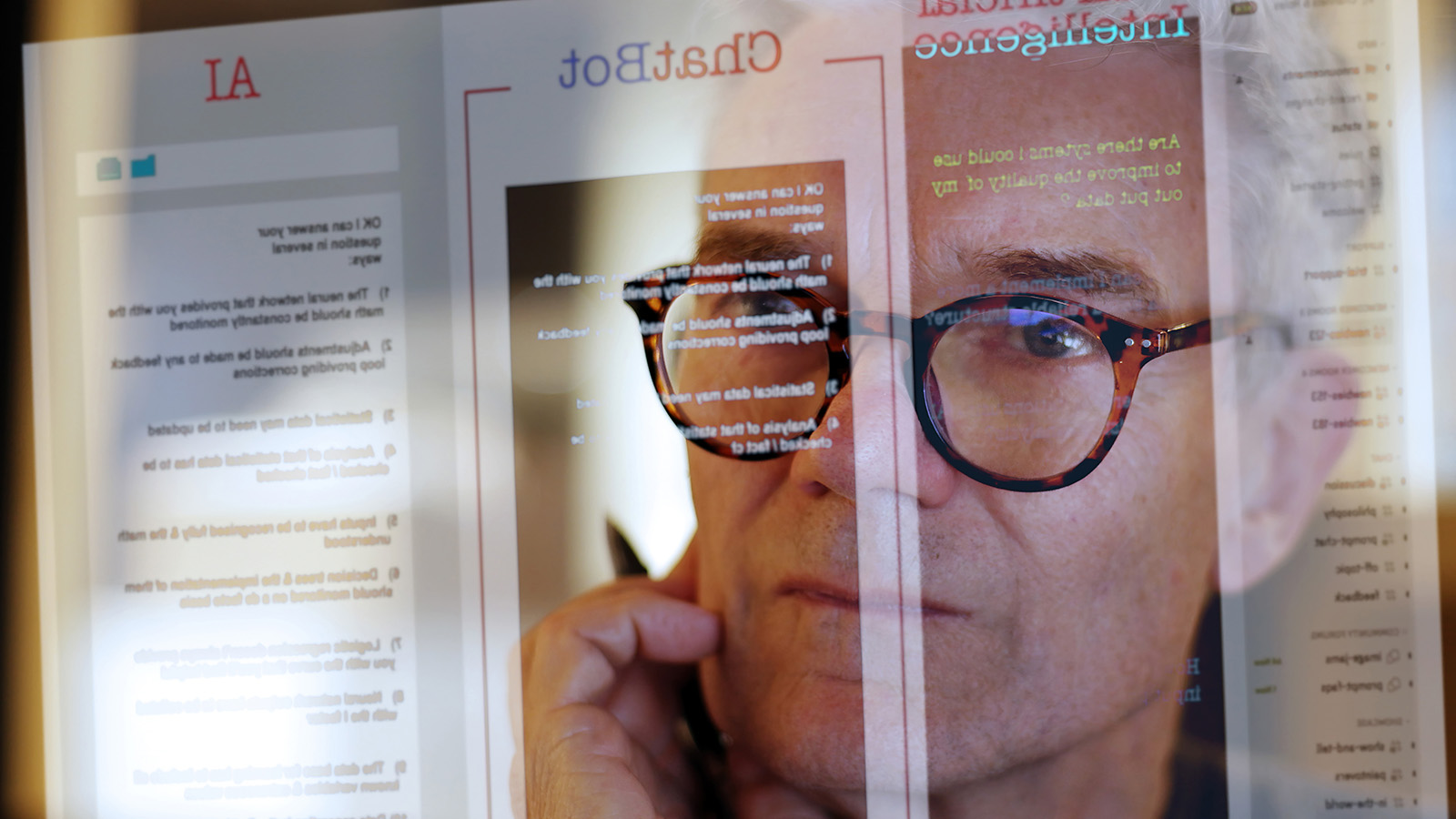
The independent source for health policy research, polling, and news.
VOLUME 11
Concerns Over Fluoride in Water and Free Speech Violations
This is Irving Washington and Hagere Yilma. We direct KFF’s Health Misinformation and Trust Initiative and on behalf of all of our colleagues across KFF who work on misinformation and trust we are pleased to bring you this edition of our bi-weekly Monitor.
Summary
This volume of the Monitor explores the growing opposition to water fluoridation and its potential impact on dental health efforts. It also examines how misinformation about COVID-19 vaccines is influencing public health policies and trust in health authorities, as well as the complex issues surrounding the balance with free speech and mitigating health misinformation.
Recent Developments
Unsubstantiated Claims About Water Fluoridation Threaten Public Health Efforts
Growing opposition to water fluoridation, fueled by figures like Robert F. Kennedy Jr., is challenging this longstanding public health measure in the U.S. The CDC and other health experts endorse fluoridation as a safe and effective way to prevent cavities and promote dental health, but some fear that fluoride is a neurotoxin, and water fluoridation can cause fluorosis – a condition resulting from excessive fluoride consumption that affects the appearance of children’s teeth. Some also fear cognitive decline and even cancer. These claims, which have circulated since fluoride was first introduced into water supplies, have recently been amplified by misrepresentations of findings from an August 2024 U.S. National Toxicology Program (NTP) monograph. The NTP report suggests a potential link between high fluoride levels (above 1.5 mg per liter) and lower IQ in children, but only in regions with naturally high fluoride concentrations, not in U.S. public water supplies where fluoride is added at the much lower level of around 0.7 mg per liter.
Health experts explain that most studies linking fluoride to negative health effects examine samples with fluoride levels well above U.S. standards, concluding that fluoridation at recommended levels is safe. However, unverified claims about fluoride risks have begun to influence policy discussions. Some communities have already voted to remove fluoride from their water supplies. As more communities consider doing the same, experts warn that it could lead to increased dental health issues, especially in areas with limited access to dental care.
This debate reflects broader issues of public trust in health measures and scientific authority. For example, a popular post on X (formerly Twitter) from October 7 claimed that “the government put fluoride in our water and attacked anyone who questioned it,” falsely asserting that the NIH labeled fluoride “hazardous to human health.” By October 22, the post had amassed 2.8 million views, 17.8 thousand reposts, and 60.7 thousand likes. In response to such misinformation, overly simplistic public health messaging that categorizes fluoride as universally “safe” or “unsafe” may inadvertently fuel distrust. Instead, public health messaging could benefit from a more nuanced approach that explains how fluoride generally benefits dental health within recommended levels while acknowledging scientific uncertainties. This approach may help build a foundation of trust in public health guidance amidst a climate of skepticism.
Idaho Health Department Bans COVID-19 Vaccine Distribution, Reflecting Growing Misinformation and Eroding Public Trust
On October 22, the Southwest District Health Division board in Idaho voted to stop distributing COVID-19 vaccines at its district clinics, citing alleged safety concerns. Although extensive research supports the safety and efficacy of COVID-19 vaccines, this decision marks the first instance of a U.S. health department banning their distribution. On social media, some vaccine opponents praised Idaho’s decision, framing it as “leading the way” in opposition to COVID-19 vaccines. Residents can still access COVID-19 vaccines at pharmacies and clinics not affiliated with the health department. However, such policies may undermine public trust in vaccines and limit access to essential health services, especially for vulnerable populations. The vote in Idaho aligns with a trend of local health departments making public health choices based on misleading or incomplete information. Last year, Texas banned the use of public funds to promote COVID-19 vaccinations, and the Florida Health Department continues to advise against COVID-19 mRNA boosters. These actions indicate that misinformation may not only reduce vaccination rates but also erode public trust in health authorities’ ability to handle future health crises. Studies suggest that addressing misinformation among those hesitant to receive COVID-19 vaccines remains difficult when trust in health institutions like the CDC is low.
Polling Insights:
Trusted messengers and information sources play an important role in efforts to combat the proliferation of health misinformation. KFF’s Health Misinformation Tracking Poll Pilot found that individual doctors are the most trusted source of information on health issues, with 93% of the public saying they have a great deal or a fair amount of trust in their own doctor to make the right recommendations on health issues. Most adults also say they trust government health agencies – including the CDC, FDA, or their state and local public health officials. While similar shares across partisans say they trust their doctor for health information, Republicans and independents are less likely than Democrats to trust the CDC, the FDA, and their state and local health authorities for such information.
Balancing Free Speech and Public Health Becomes Difficult as Misinformation Discipline and Social Media Censorship Come into Focus
A federal judge’s decision to allow the Missouri v. Biden case to continue renews discussions on First Amendment rights and social media content moderation. Originally brought by Missouri and Louisiana, the case challenges the Biden administration’s communications with social media companies regarding COVID-19 information. The states allege that officials pressured these platforms to censor certain views. The Supreme Court dismissed the case in June, citing a lack of standing due to insufficient links between government influence and platform moderation, but the judge’s recent ruling allows further discovery to determine if the states have legal standing to proceed. As the states continue to look for evidence of government suppression of free speech, this case could impact public trust in health communication efforts and set new precedents for the government’s role in moderating online content.
The debate over First Amendment rights extends beyond social media to include medical advice shared by professionals both online and offline. During the COVID-19 pandemic, some health providers faced allegations of spreading misinformation, particularly regarding unverified treatments like ivermectin. However, regulating misinformation—even when spread by physicians—presents challenges due to First Amendment protections and the difficulty of distinguishing harmful speech from legitimate medical practice. State medical boards can discipline doctors for spreading harmful misinformation, but their authority varies by state. A recent study found that disciplinary actions against physicians for misinformation are rare, accounting for less than 1% of all medical board sanctions. Agencies like the FDA and the FTC can also discipline clinicians who spread false health information or engage in fraudulent practices. However, the Supreme Court’s decision to overturn the Chevron doctrine may make it harder for these agencies to regulate misinformation, as they may now face more legal challenges in doing so.
Research Insights
Training Community Health Educators Can Improve Confidence in Delivering Vaccine Education
A study in Vaccines explored a program aimed at equipping U.S. Extension professionals—community-based educators who connect local populations to research-based resources and support—with the tools to improve adult vaccination education, particularly during the COVID-19 pandemic. The intervention included a tailored toolkit designed to address key challenges such as maintaining community trust, connecting with medical experts, and enhancing Science Media Literacy to counter misinformation. Components like motivational interviewing, neuromarketing techniques, and targeted workshops were well-received and helped increase professionals’ confidence in delivering vaccine education. Through iterative feedback, the toolkit was refined for practical use, making it adaptable to different community needs. The researchers present a framework that could be applied to train other healthcare providers, emphasizing trust-building, clear communication, and the development of practical tools to combat misinformation and improve patient education.
Source: Austin, E. W., O’Donnell, N., Rose, P., Edwards, Z., Sheftel, A., Domgaard, S., … & Sutherland, A. D. (2024). Integrating Science Media Literacy, Motivational Interviewing, and Neuromarketing Science to Increase Vaccine Education Confidence among US Extension Professionals. Vaccines, 12(8), 869.
Sources of Fluoride Information for Mothers: The Role of Family, Healthcare Professionals, and Community Beliefs
A 2022 study published in JAMA explores where mothers obtain information about fluoride use for their children’s dental health, focusing on various social sources such as family, healthcare professionals, and community members. The study found that while many mothers rely on these networks for fluoride-related advice, the information they receive is often conflicting, leading to confusion about fluoride’s safety and effectiveness. Some mothers trust family members or healthcare professionals, while others are influenced by community beliefs, leading to concerns about fluoride’s safety. The study highlights how inconsistent messages can make it difficult for mothers to evaluate the accuracy of fluoride information, suggesting that improving communication within these social networks could help address misinformation and support more informed decisions about children’s oral health.
Source: Burgette, J. M., Dahl, Z. T., Janice, S. Y., Weyant, R. J., McNeil, D. W., Foxman, B., & Marazita, M. L. (2022). Mothers’ sources of child fluoride information and misinformation from social connections. JAMA network open, 5(4), e226414-e226414.
AI & Emerging Technology
Leveraging AI for Efficient and Credible Health Misinformation Fact-Checking
Artificial intelligence (AI) can be a tool in combatting health misinformation by offering the potential to automate and scale up fact-checking efforts. With misinformation spreading rapidly, particularly in online spaces, AI can help identify and debunk false health claims quickly and efficiently by quickly detecting claims, gathering supporting evidence, and assessing the accuracy of statements to verify information in real-time. Not everyone trusts AI for health information, but a study examining AI-assisted fact-checking found that the persuasive effect of fact-checking remained strong even when AI was involved, regardless of participants’ attitudes toward the technology. This suggests that AI can support fact-checking efforts without diminishing their impact, even among those skeptical of AI. The perception of AI as impartial may also reduce bias concerns and make fact-checking more credible. By leveraging AI in newsrooms, fact-checking processes can become faster and more efficient, allowing for broader coverage of health misinformation.
Support for the Health Information and Trust initiative is provided by the Robert Wood Johnson Foundation (RWJF). The views expressed do not necessarily reflect the views of RWJF and KFF maintains full editorial control over all of its policy analysis, polling, and journalism activities. The Public Good Projects (PGP) provides media monitoring data KFF uses in producing the Monitor.








